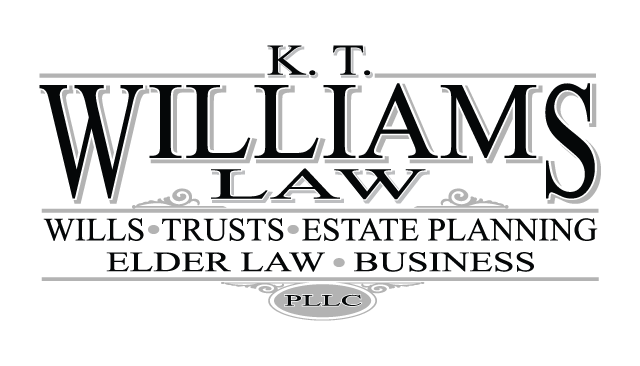Choosing Well: Your Trustee, Executor, Attorney-in-Fact, Health Care Surrogate
When you plan for your future, one of the questions you consider is “Who will help me AND carry out the plans I’ve created?” Although you can select one person to do it all, there are many roles to be filled, and different people can fill them. These roles include Trustee of any trust you create, Executor of your Last Will and Testament, Attorney-in-Fact under your Power of Attorney, and Health Care Surrogate in your Living Will or Health Care Power of Attorney. Each one is a fiduciary. Fiduciaries can hold a lot of power—they make crucial financial decisions, act as advocates for your wishes, make sure an estate’s debts are settled, and ensure that each beneficiary gets what they were intended to receive. When selecting who will carry out these duties, choosing well can be the difference between a seamless transition and a complete calamity.
Who To Choose?
When it comes to choosing the best individual for the role, you may be inclined to choose a loved one. A loved one may be a fine choice. But, I’ve seen close family members and friends turn out to be poor choices.
Unfortunately, in those instances, the warning signs were ignored. Those who serve in these roles have a great deal of responsibility. So you should carefully consider who would be most appropriate to fill each role. And you must not ignore signals that suggest against choosing someone for an important role of authority and responsibility.
Important Characteristics To Consider.
These are some important characteristics that you should look for when selecting any type of fiduciary. Naturally, many people are tempted to select a close friend or family member to serve in the fiduciary role, but it is crucial to make sure that the candidate has the capacity and capability to carry out the role you have in mind for them. They must be over age 18. Consider if they have any medical conditions or legal concerns that could get in the way of serving you. Also, consider their age, location, and how busy they are. Someone who seems great for a role might me too busy, although I’ve seen that some of the busiest people are also the most effective. Your fiduciaries should have these characteristics:
• Trustworthy
• Responsible and organized
• Accountable
• Independent
• Financially stable and secure
While any fiduciary should have these important characteristics, there are also more things to consider when deciding who is the best choice for specific roles. Your best choice for a trustee, for example might make a poor health care surrogate. Let’s look at some questions to consider for each role.
Agent under a Healthcare Power of Attorney:
Does this person have the ability to make tough, emotionally difficult decisions quickly? Will they be able to effectively advocate for your wishes to medical personnel and to family members? Do you both hold the same values? (For example, don’t pick someone who doesn’t believe in refusing or removing life support if you do!) Are they available to be quickly reached or to quickly arrive at a medical facility in the event of an emergency?
Agent under a Financial Power of Attorney:
Are they responsible and trustworthy? Are they sensible enough to make financial decisions, such as assessing investments and filing taxes? Are they wise enough to know their limits and when to seek guidance and help from professionals such as your CPA, financial advisor, attorney, or insurance agent?
Trustee of a Trust or Executor of a Will:
Is this person organized? Are they accountable? Can they withstand pressures from beneficiaries or third parties over the course of the trust or estate administration? Is the person in good financial standing (with a good credit history, no liens against them, etc.)? Would they likely be available and capable of serving as executor or trustee when the time comes, even if it is years down the road?
Final Thoughts.
If you cannot identify an individual in your family or circle of friends to fulfill any of these roles, or if you realize that a third party would be the best choice, then an institution (like a bank or trust company) should be considered. With a team of professionals dedicated to making sure tasks are completed on time and correctly and with years of experience, a bank or trust company should never be ignored as a viable option. Regardless, as you select your fiduciaries, select ones who can work together to ensure that your wishes are carried out successfully and that you are cared for properly. We are here to help as you try to choose well.
